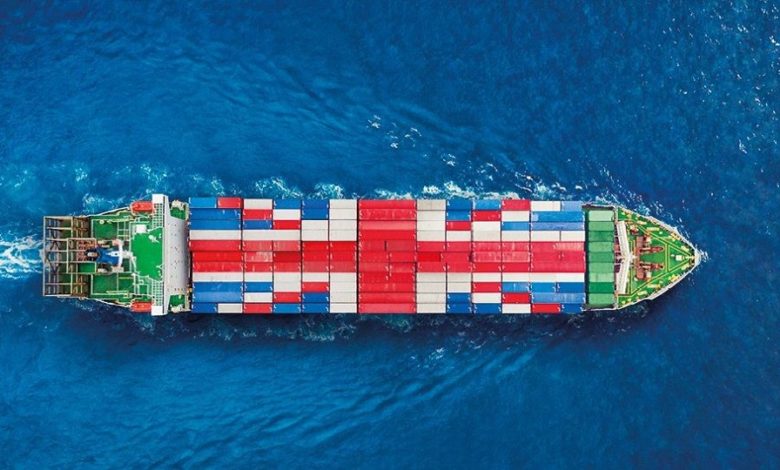New report puts a $90bn price tag on UK’s shipping net zero target

UK maritime sector will need around £75bn ($90bn) of investment over the coming three decades to transition to net zero, a new report released by London-based shipping asset manager Marine Capital estimates.
In 2019, the UK became the first major economy in the world to legislate to reach net zero by 2050 including the domestic maritime sector. The report, titled “UK Domestic Shipping: Mobilising Investment in Net Zero”, backed by University Maritime Advisory Services (UMAS) and Lloyd’s Register, said that attracting new sources of capital would be key to the sector’s energy transition as they could not be sourced from within the industry or through its traditional lenders.
The study identified institutional investors, who together represent more than $80trn in asset value, as those who could help bridge the funding gap. However, it warned that the lack of familiarity with the industry and the reluctance to assume the risks associated with the early stages of the decarbonisation transition are preventing these capital providers from entering the domestic maritime sector.
Approximately half of the funds would be used to replace domestic and short-sea fleets with lower, and eventually zero-emission vessels. The remainder would cover investment in related shoreside infrastructure, including the provision of zero-emission fuels and shore power at UK ports. Ferries and roros which account for 10% of vessels but 50% of emissions from the domestic and short sea fleets as well as offshore service vessels, have been highlighted as particular sectors appropriate for priority attention.
Government support will be needed to unlock private sector investment, particularly to finance large-scale fleet replacement. The study said the UK government will have a “critical role to play” in terms of support and intervention through policy and regulatory tools, and that different types of support will be required at different stages of the transition.
“The UK domestic and short sea fleets’ structures of ownership and operation is ill-prepared and ill-suited to the rapid transition to new energy and technologies that is needed. The suggestions for new investors, novel ownership structures and coalitions, in combination with much greater clarity and regulation from government, provides a pathway for shipping to align with UK’s net zero objective,” said Akash Kapur of UMAS.
“The coming three decades will need to see a significant shift towards large-scale investments into new and retrofitted vessels in domestic fleets, zero carbon fuel production and bunkering infrastructure, alongside their associated supply chains, which can span across multiple related industries across the world,” observed Dr. Carlo Raucci, decarbonisation consultant at LR Maritime Decarbonisation Hub. “These are deep, long-term commitments requiring a coordinated approach by both government and the industry to mobilise investments from external sources of capital,” he added.
